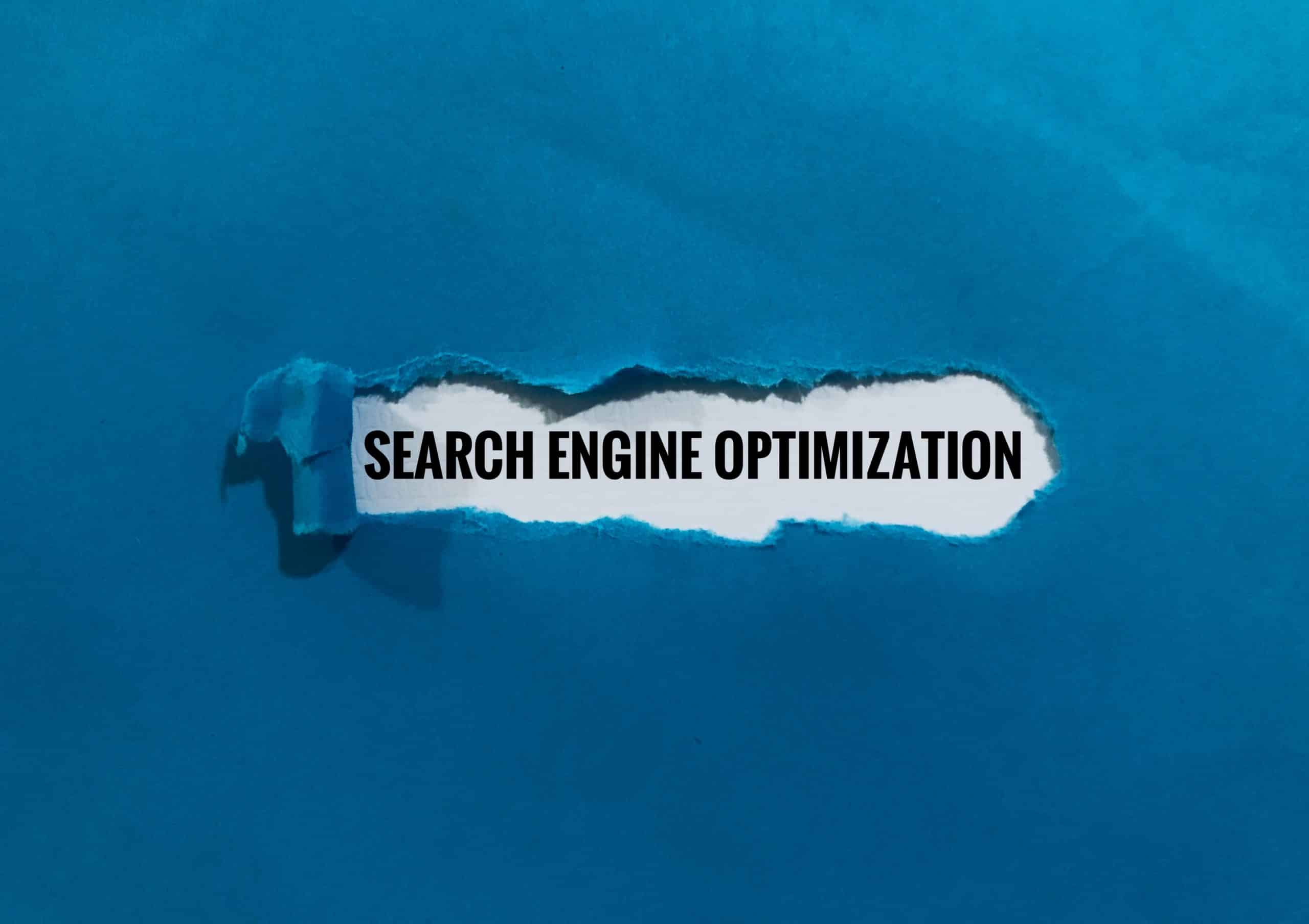In a world increasingly reliant on digital solutions, data centers form the backbone of our information society. Yet, these sprawling warehouses of computing power are notorious energy guzzlers, contributing significantly to global carbon emissions. One potential solution, rapidly gaining traction, is the use of Artificial Intelligence (AI) models to optimize energy consumption in data centers. How can these AI models enhance energy efficiency, reduce carbon emissions, and drive sustainability in data centers? Let’s dive deeper to understand.
Demystifying the Energy Consumption of Data Centers
To the uninitiated, it might be hard to grasp just how much energy a data center consumes. Imagine a small city powered by a single power plant – that’s how much energy we’re talking about! The reason? Data centers house thousands of servers, storage systems, and associated components that need constant power and cooling.
A voir aussi : Can Generative Models in Fashion Design Lead to More Sustainable Production?
Every time you browse a web page, stream a video, or make an online transaction, a series of complex processes happens in a data center. These processes consume a significant amount of energy. Moreover, data centers run 24/7, which means the energy consumption never really stops.
As digital services continue to grow in popularity, so does the number of data centers, and consequently, global power consumption. According to the International Energy Agency, data centers worldwide used 200 terawatt-hours (TWh) of electricity in 2018, which is roughly 1% of all electricity use. If data centers were a country, they’d be among the top energy consumers!
A lire également : What Role Can AI Models Play in Enhancing Online Learning Platforms?
Indeed, the energy consumption of data centers isn’t just a concern for the power bill. It’s a major environmental issue. Data centers account for about 0.3% of the world’s carbon emissions. To put that into perspective, that’s more than most countries’ entire carbon footprint!
The Role of AI in Optimizing Energy Consumption
In the race toward sustainability, AI models have emerged as a key tool in reducing energy consumption within data centers. AI algorithms can analyze vast amounts of data in real time and make predictive decisions, enabling data centers to run more effectively and efficiently.
One of the areas where AI can make a significant impact is in cooling systems. Data centers produce a tremendous amount of heat and need constant cooling to function correctly. Cooling systems, therefore, account for a significant portion of a data center’s energy consumption.
AI can optimize these cooling systems by predicting temperatures and adjusting cooling in response to these predictions. This ‘smart cooling’ can dramatically reduce energy consumption, which not only lowers operating costs but also significantly cuts carbon emissions.
Furthermore, AI can optimize server utilization. Servers are the heart of data centers, and poorly utilized servers are a major source of energy waste. AI can analyze workload patterns and manage server workloads in real time, ensuring that servers are used efficiently and energy isn’t wasted on idle or underperforming servers.
Case Studies: AI in Action in Data Centers
Real-world examples of AI deployment in data centers highlight the potential of these models in optimizing energy use. Google, a company with numerous data centers worldwide, has used its proprietary AI system, DeepMind, to reduce the energy used for cooling by 40%.
DeepMind uses a system of neural networks to predict future cooling requirements and adjust the cooling systems in real time. This predictive management allows Google to significantly reduce its energy consumption, thereby lowering its operating costs and carbon emissions.
Another example is China’s Tencent, which has used AI to improve the energy efficiency of its data centers. Tencent’s ‘Galaxy’ AI platform analyzes real-time data from the servers and adjusts the server’s workloads, reducing energy consumption by optimizing server utilization.
The Future of AI and Data Center Sustainability
AI’s potential to optimize energy consumption in data centers is significant, but it’s just the tip of the iceberg. Over time, as AI models become more sophisticated, they could help data centers achieve unprecedented levels of efficiency and sustainability.
For instance, AI could enable ‘self-healing’ data centers that can detect and fix issues without human intervention, further increasing efficiency. Or AI could manage a data center’s entire energy ecosystem, from power generation to consumption, ensuring maximum efficiency at every stage.
While these advancements may sound like science fiction, they are closer to reality than you think. As digitalization continues to accelerate and the pressure to reduce carbon emissions intensifies, we can expect AI’s role in data center sustainability to grow increasingly important. And who knows? In the not-too-distant future, we might see data centers that are not only carbon neutral but actually carbon negative, thanks to the power of AI!
Harnessing Renewable Energy and Machine Learning for Data Centers
The combination of renewable energy and machine learning models presents an exciting prospect for promoting energy-efficient practices in data centers. By using renewable energy sources such as solar or wind power, data centers can significantly lower their carbon footprint. However, without proper energy management, even renewable energy can be wasted.
As a solution, machine learning algorithms can be integrated into data center operations to optimize energy usage. Machine learning can analyze patterns in energy consumption, detect inefficiencies, and make predictive decisions to ensure optimal resource allocation. This includes identifying peak energy usage times, optimizing workload distribution, and managing cooling systems.
For instance, a machine learning model can predict when a data center will be most active based on historical data. Knowing this, the data center can tap into its renewable energy resources efficiently, ensuring that energy isn’t wasted during periods of low activity.
Additionally, when combined with technologies such as immersion cooling, machine learning can further enhance energy efficiency. Immersion cooling involves submerging servers in a special, non-conductive liquid that draws away heat, reducing the need for energy-intensive air cooling systems. Machine learning can precisely control these innovative cooling methods, ensuring the best use of energy for cooling purposes and significantly reducing the environmental impact.
This combination of renewable energy and machine learning illustrates how AI-driven solutions can make a significant contribution to achieving more sustainable energy usage in data centers.
Conclusion: AI Models – A Game-Changer for Data Center Sustainability
As the digital economy continues to expand, the demand for data center services is growing exponentially. This demand, in turn, increases the pressure on data centers to be more energy-efficient and reduce their carbon emissions. AI models, coupled with renewable energy sources and innovative technologies like immersion cooling, provide a promising solution to this challenge.
The application of AI in data centers is not just about energy efficiency; it’s about a holistic approach to sustainability. AI models can manage and optimize every aspect of a data center’s operations in real time, from cooling systems to server workloads, from power generation to consumption. This can dramatically reduce not only the energy usage but also the environmental impact of data centers.
As we forge ahead into our digital future, the role of AI in data centers is only going to become more significant. The continuous advancements in AI and machine learning technologies will enable data centers to be increasingly energy-efficient, paving the way for a future where data centers could become carbon neutral or even carbon negative.
In the drive towards sustainability, the potential of AI models in optimizing energy consumption in data centers is immense. It’s clear that the future of data center sustainability is, in large part, dependent on the power of artificial intelligence.











